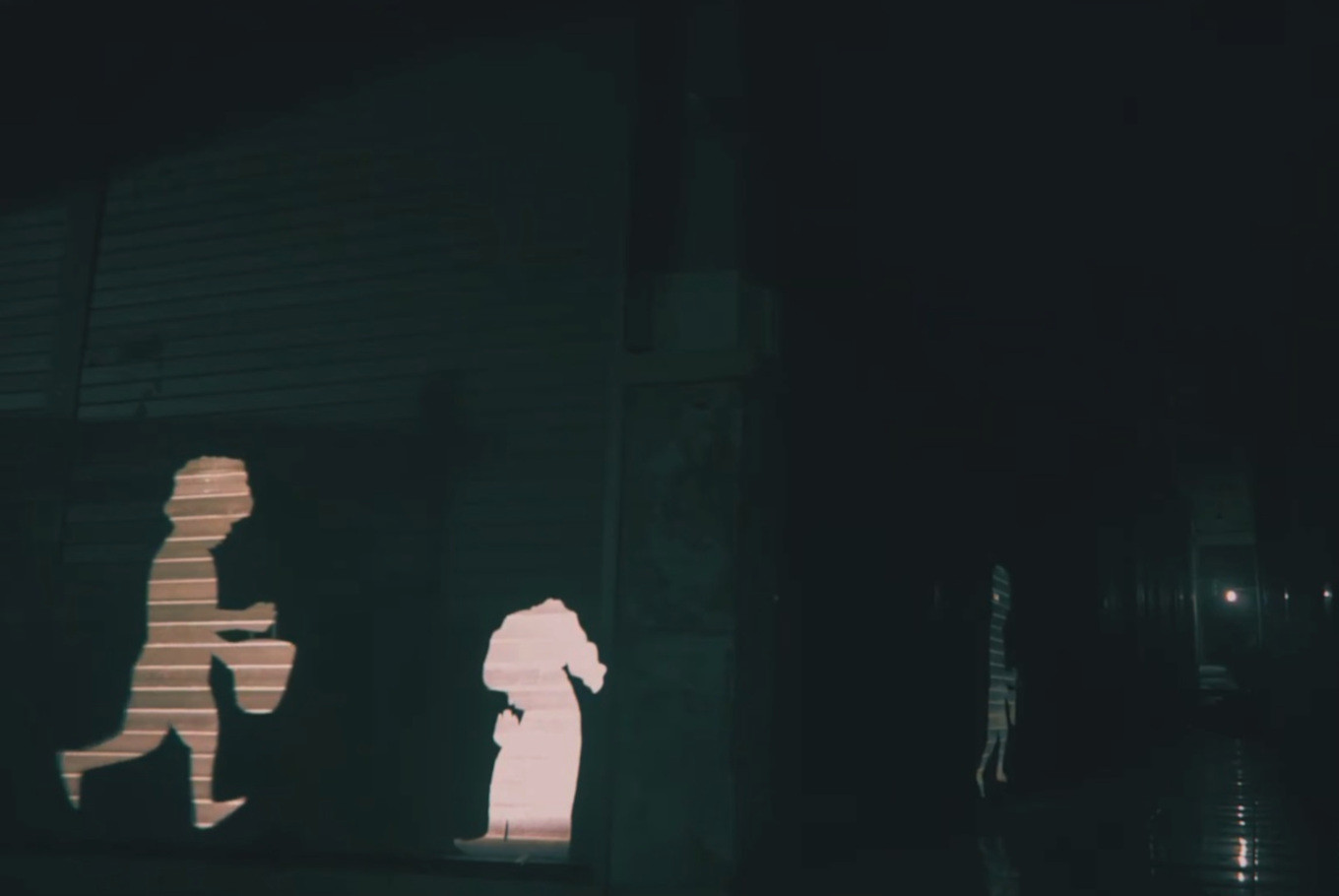Popular Reads
Top Results
Can't find what you're looking for?
View all search resultsPopular Reads
Top Results
Can't find what you're looking for?
View all search resultsFestival encourages youth to fight for human rights
Held from July 12 to Aug. 12, Humanity Youth Festival encouraged the youth to learn about impunity based on Human Rights violations.
Change text size
Gift Premium Articles
to Anyone
D
uring the occupation of East Timor (now Timor Leste) between 1975 and 1999, around 4,000 children were forcibly taken from their families. The majority of them were brought to Indonesia by soldiers.
Those children, who were often regarded as “stolen children”, were found in several provinces, including West Java, South Sulawesi and Jakarta. They were promised to receive proper education and lead decent lives by their foster families, but most of them were forced to work as unskilled laborers. They also experienced violence and had to move from one place to another to survive.
The journey of these stolen children is presented in a work by audiovisual performance duo Bombo, which consists of Rais Rice and Reza Enem, from Makassar city in South Sulawesi. Dubbed Rekonstruksi, it involves video mapping, a video performance, a digital site installation and audiovisuals.
In Rekonstruksi, moving silhouettes of the stolen children are projected onto various surfaces, including a cargo bed of a truck at the Port of Makassar and a narrow alley at Pa’Baeng-Baeng Market, demonstrating the things that these children had to do when they landed in the city. One child can be seen shoveling dirt, while others carry heavy objects on their shoulders.
Passersby seem to be undisturbed by the silhouettes, the children went unnoticed amid the crowd.
Reza said they had seen previous works related to the event and they were mostly about the survivors’ current lives and what they had gone through. “After reviewing all of them, we decided to choose the moment these children first arrived [in the city], particularly in the early 1990s,” said Reza during an online discussion session on July 29. “[…] "Our scenario is focused on what they went through, whom they met and what they did.”
Rekonstruksi is among the artworks showcased online as part of the Humanity Youth Festival, which encouraged the youth to learn about impunity based on Human Rights violations. Organized by nonprofit organization Asia Justice and Rights (AJAR) from July 12 to Aug. 12, the festival highlighted three issues, namely the 1965-1966 atrocities, human trafficking and stolen children.
The young participants were allowed to meet the survivors, listen to their stories and create videos and e-publications based on them. They also told their experiences to five artists who took part in the festival, such as Bombo, Armin Septiexan, Deny Renanda Putra, Toma & Kako and Fat Velvet, who then created artworks based on the experiences and issues.
Albertus Arga Yuda Prasetya from Semarang, Central Java, was among the participants who met the survivors of the 1965-1966 incidents. “I wanted to join this festival as I felt that we needed new and more comprehensive treatments to advocate for human rights,” said Arga during the festival’s closing ceremony on Wednesday.
Arga's first thought was that it would be difficult to meet the survivors. He and other participants had to be accompanied by assigned companions to gain the survivors' trust. “We had to earn their trust and we made efforts to do so, such as by not directly asking about their past,” he said. “We could talk about their jobs or hobbies first or invite their friends to join us.”
“We documented and collected their stories, what happened in the past, their sad or happy stories,” Arga said. “We wanted to tell people that they also have happy stories which have kept them going.”
He urged that those who are inspired to fight for human rights may want to start from their local communities. “Sometimes we forget that perhaps our parents, siblings, neighbors and friends don’t know what human rights are,” Arga said. “Address the local problems first, connect them with global issues and then provide solutions for them.”
Cholil Mahmud, vocalist of rock band Efek Rumah Kaca, which often touches on social-political issues in its songs, said the youth played a big role and had the courage to voice the truth and enforce human rights following the student rally in September.
“If the country wishes to implement democracy well, we need to rely on the young generations as they have louder voices, and make them realize that political participation on a daily basis will lead to human rights enforcement and abolition of impunity,” Cholil said. (wng)











